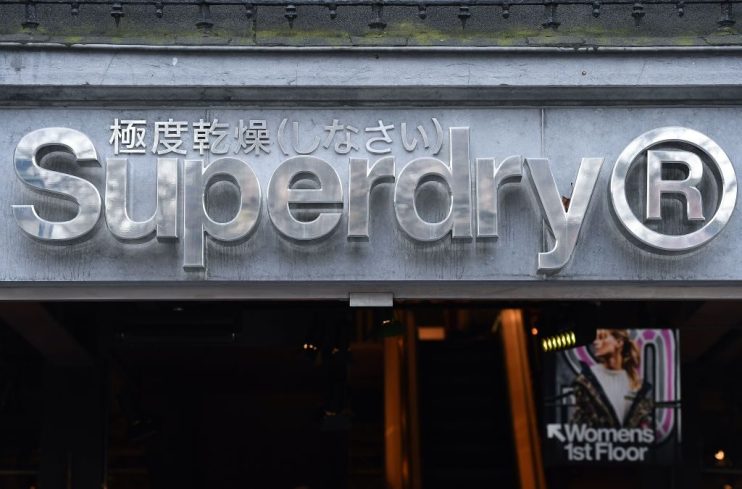Superdry boss takes swipe at Black Friday as he launches brand revamp

Superdry boss Julian Dunkerton today blasted the “madness” of blanket Black Friday discounting, vowing to reduce his company’s reliance on the sales bonanza next year.
Dunkerton, who founded the struggling fashion chain in 2003, took a swipe at his rivals’ practice of slashing prices on their core ranges.
Read more: Superdry swings to a £4.2m loss as Dunkerton hits reset button
“Putting your bestsellers into sale is a kind of madness,” he told reporters in London. “It can’t be right in your busiest, strongest trading period.”
The retail boss also slammed brands that had started making stock specifically for the pre-Christmas sales bonanza, describing this as the “worst option humanly possible”.
Instead, he argued that the sales period should be used to protect a brand’s core range while clearing out its excess stock.
Superdry hailed a record online sales day during Black Friday this year, as the firm reduced its legacy stock by 600,000 units.
Dunkerton said that while the company had further stock to clear out, it would likely be reducing its participation in Black Friday next year.
It came as Superdry unveiled an overhaul of its brand identity as it seeks to fight back from a period of turbulent trading.
The fashion chain’s new range, which will hit stores in September 2020, will offer more than 4,000 options to a broad range of consumer types.
The clothing range will be spread across four style choices, and will also include limited edition products, as well as new sub-brands such as Dry.
Dunkerton, who won an audacious bid to reinstall himself on Superdry’s board in April, said the move will help the company reach a larger customer base, but insisted it was not trying to be “all things to all people”.
Read more: Saga appoints ex-Superdry boss Euan Sutherland to CEO role
This morning Superdry posted a £4.2m loss in the first half of the year, while racking up a debt pile of £9.3m.
Analysts at Peel Hunt branded the results “grim reading”, but said signs of product and operational improvements could prompt a recovery next year.